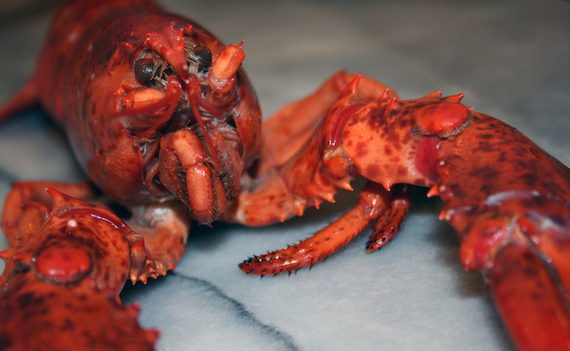Seven days; lots of science in the news. Here's our roundup of this week's most notable and quotable items:
Researchers found a way to delete HIV DNA from infected lab-grown cells. HIV cases in the U.S. are down 33 percent over the last decade, but are up 132 percent in young men who have sex with men. Federal watchdogs estimate that NASA may need another $400 million to meet a December 2017 launch deadline for the Space Launch System, the rocket that will send new missions beyond Earth's orbit.
Scientists are mimicking a component in the ears of the parasitic fly Ormia ochracea to make better hearing aids. No one seems to be able to agree on whether the space probe Voyager 1 has actually left the solar system yet. Seals seem to be using offshore wind farms as hunting grounds, possibly because they function like artificial reefs. It takes 17,000 liters (4,500 gallons) of fuel to land a ton of lobster in Norway, making it the seafood with the biggest carbon footprint.
International Space Station astronaut Alexander Gerst says he can see Israeli air strikes on Gaza (and Hamas-fired rockets) from space. Greater mouse-eared bats calibrate their internal compasses by detecting the band of polarized light that runs from north to south at sunset. China is angling to build two new supercolliders in the next few decades. All dinosaurs might have had feathers. A computer algorithm can track the musical progression of groups like ABBA, Queen, and The Beatles.
Dogs show signs of jealousy when their owners ignore them and pay attention to stuffed animals instead. A 40-inch-long, 20-million-year-old specimen of fossilized feces, origin unknown, is set to be auctioned off in California. Its value is estimated at between $8,000 and $10,000.
______________
"This Week in Science" is presented by the World Science Festival, an annual celebration of science in New York City. To see engaging scientific conversations, learn about new discoveries and more, check out the Festival website.
